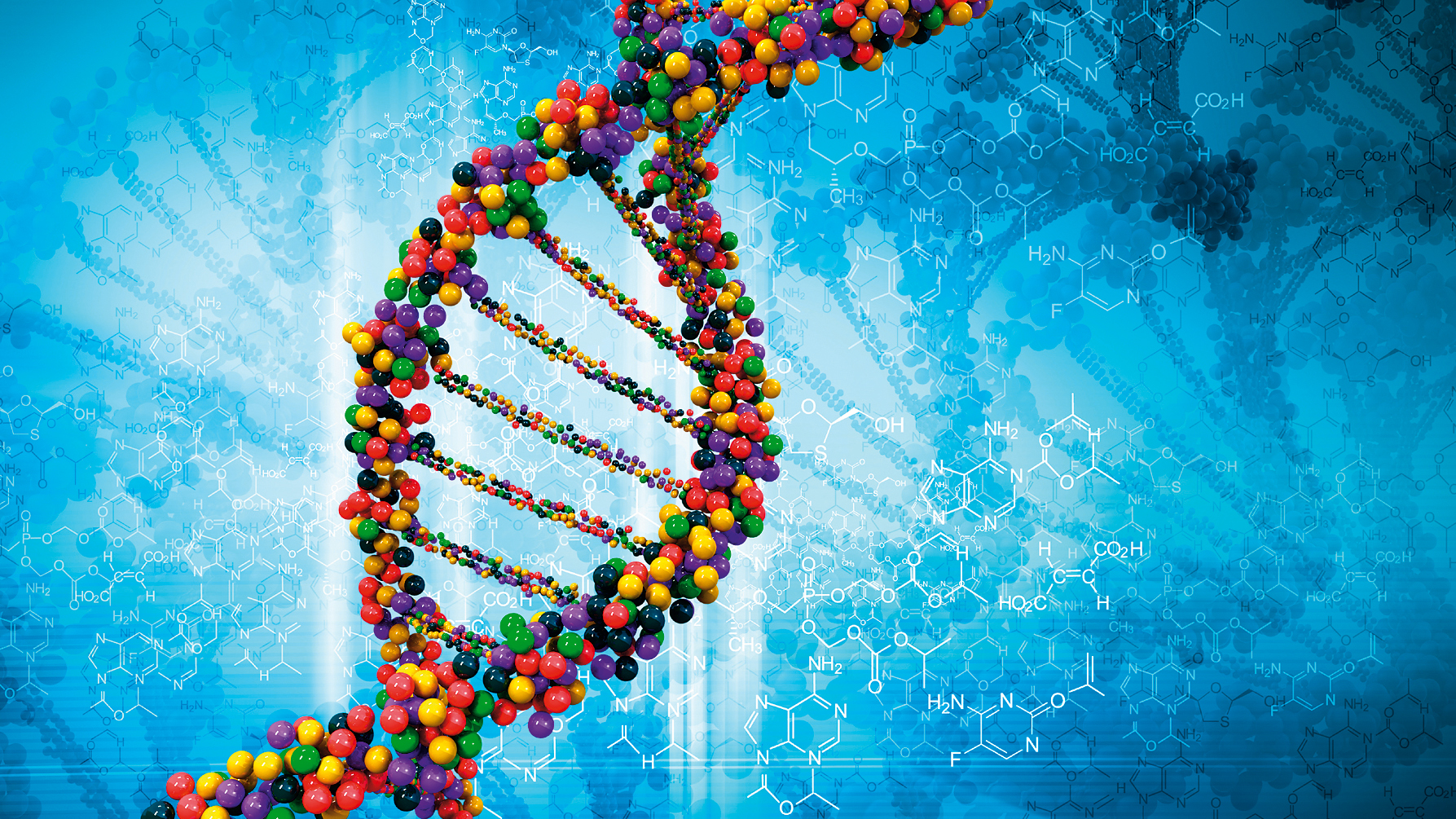Scientists get go-ahead for 'gene editing' embryos in landmark decision
A controversial step forward

The UK's fertility regulator has given scientists the OK to test a gene-altering technology on human embryos.
In what will certainly be a controversial move, the Human Fertilisation and Embryology Authority has granted permission for research into modifying human DNA in embryos.
While it sounds like this is paving the way for genetically modified babies, the research, at least for now, will be used to understand how cells develop in the very early stages of human life.
It is hoped that this will help scientists understand understand more about fertility, what causes miscarriages, and how inherited diseases are passed along.
Huge ethical concerns
The gene-editing technique will be carried out on donated embryos, after which they will be terminated, and obviously raises some huge ethical concerns.
Although the HFEA has given the go-ahead, the research team will still need to get permission from an ethics board. There is no intention to implant these genetically modified embryos into women once the research has been completed.
The research is being carried out by the Francis Crick Institute, with a team led by Dr Kathy Niakan.
Get daily insight, inspiration and deals in your inbox
Sign up for breaking news, reviews, opinion, top tech deals, and more.
Crick director Paul Nurse said: "I am delighted that the HFEA has approved Dr Niakan's application. Dr Niakan's proposed research is important for understanding how a healthy human embryo develops and will enhance our understanding of IVF success rates, by looking at the very earliest stage of human development - one to seven days."
Hugh Langley is the ex-News Editor of TechRadar. He had written for many magazines and websites including Business Insider, The Telegraph, IGN, Gizmodo, Entrepreneur Magazine, WIRED (UK), TrustedReviews, Business Insider Australia, Business Insider India, Business Insider Singapore, Wareable, The Ambient and more.
Hugh is now a correspondent at Business Insider covering Google and Alphabet, and has the unfortunate distinction of accidentally linking the TechRadar homepage to a rival publication.
